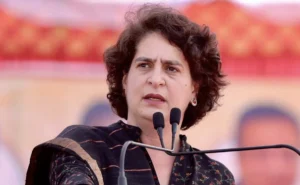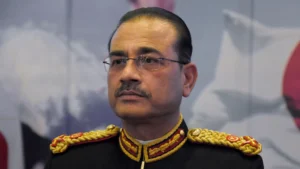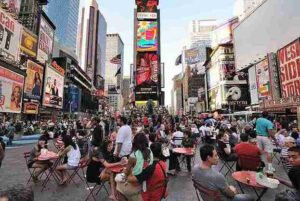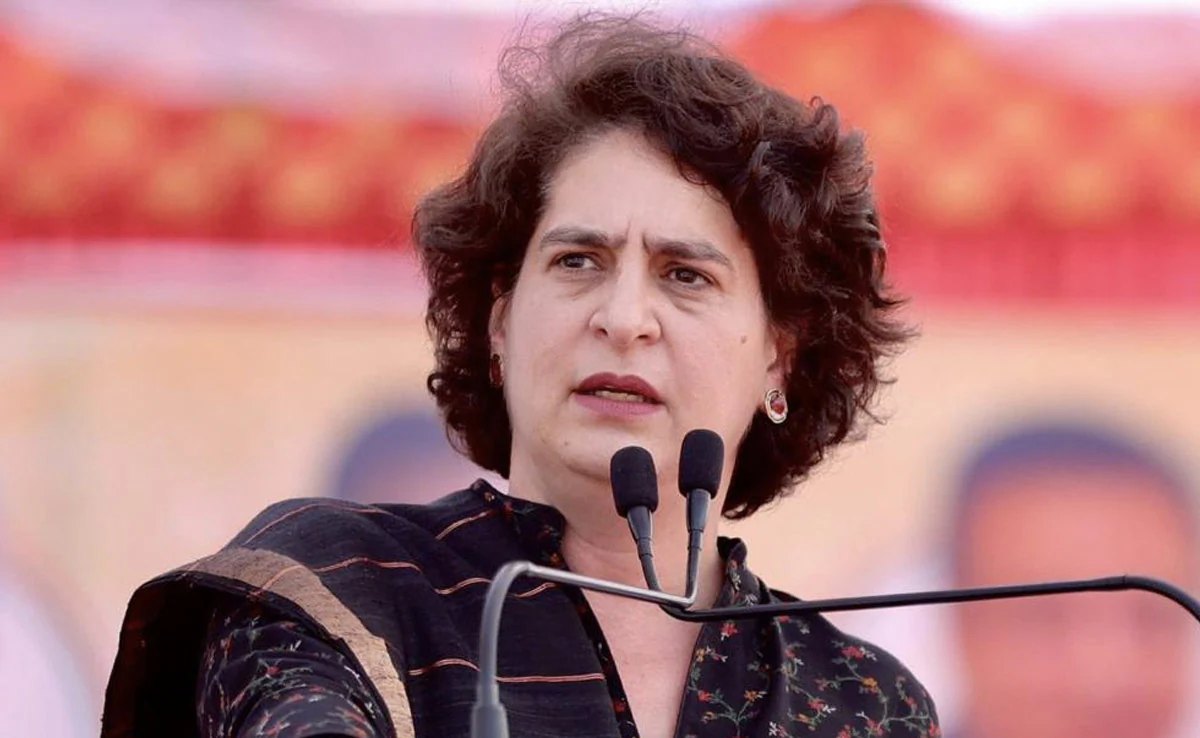
Priyanka Gandhi Accuses Israel of Genocide in Gaza; Israeli Ambassador Rebuts With Hamas Casualty Claim
In a sharp diplomatic exchange, Congress leader Priyanka Gandhi has accused Israel of committing genocide in Gaza, while the Israeli ambassador to India, Reuven Azar, has rejected the allegation, claiming that Israel has killed 25,000 Hamas militants. On Tuesday, Priyanka Gandhi posted on her X account that the Israeli state is engaged in genocide, alleging that more than 60,000 people have been killed in Gaza, including 18,430 children. She added that hundreds, including many children, have died due to malnutrition, and millions face the threat of starvation. Calling the Indian government’s silence on the issue “shameful,” Gandhi criticised Prime Minister…
Global News

India, China Likely to Resume Direct Flights Next Month After Five Years
India and China are set to restart direct passenger flights as early as September 2025, ending a suspension that has…
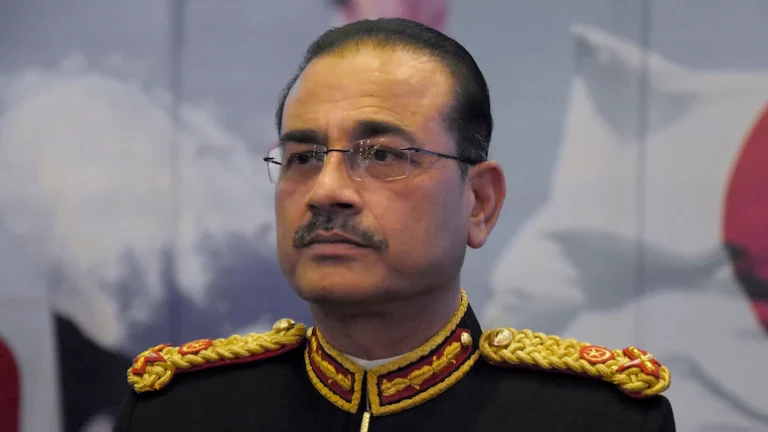
Pakistan Army Chief Asim Munir Issues Nuclear and Infrastructure Threats Against India
Islamabad/New Delhi – Pakistan’s Chief of Army Staff, General Asim Munir, has issued a series of provocative statements against India,…
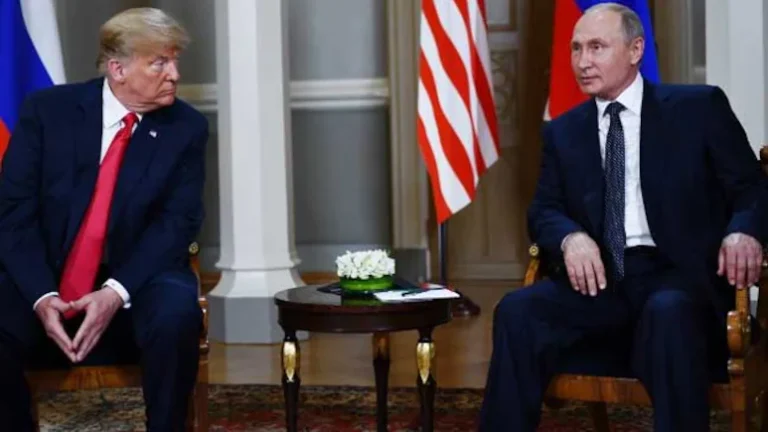
Countries May Try to Disrupt Trump-Putin Peace Talks on Ukraine, Says Russian Envoy
Kirill Dmitriev, Russia’s investment envoy, alleges that unnamed nations will attempt to sabotage the August 15 meeting between U.S. President…

Trump Warns of ‘1929-Style Great Depression’ if Court Strikes Down Tariffs
US President Donald Trump on Friday warned of a ‘1929-style Great Depression’ if the court rules against tariffs. The US…

Netanyahu’s Plan for Full Control of Gaza: What’s Happening?
Israeli Prime Minister Benjamin Netanyahu has proposed a plan to take full control of the Gaza Strip, a small region…

Trump Doubles Down: India Hit with Shock 50% Tariff – India Fires Back!
In a move that has rattled global markets and shaken diplomatic ties, U.S. President Donald Trump has announced a sweeping…
Important For You
Fruits
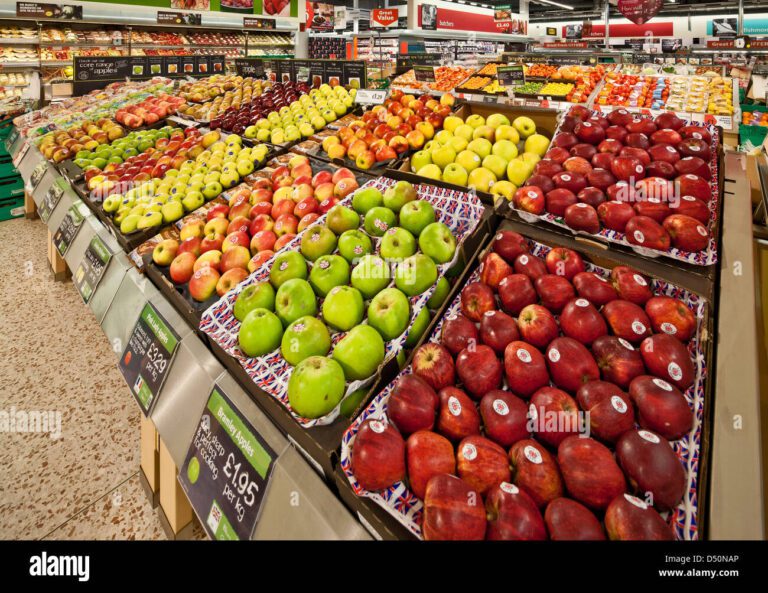
American Apple Medley: Navigating the Rich Tapestry of Supermarket Staples and Exclusive ‘Club’ Varieties
Diverse in sweetness, peel color, discovery date, ripening season, origin, and culinary applications, apples offer a multitude of options for…

Pomegranate Power: Discover the Ancient Superfruit’s Health Benefits, Winter Wonders, and Surprising Side Effects!
The pomegranate, scientifically known as Punica granatum, is a captivating and ancient fruit that has delighted palates and held symbolic…
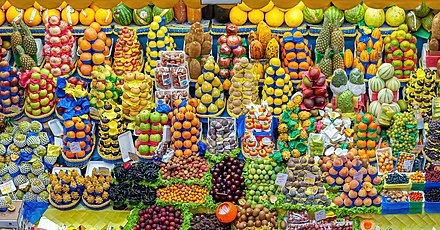
“Winter’s Bounty: A Nutritional Guide to Top-Notch Fruits for Cold-Weather Wellness”
Winter brings a delightful array of fruits that not only tantalize your taste buds but also contribute to your overall…
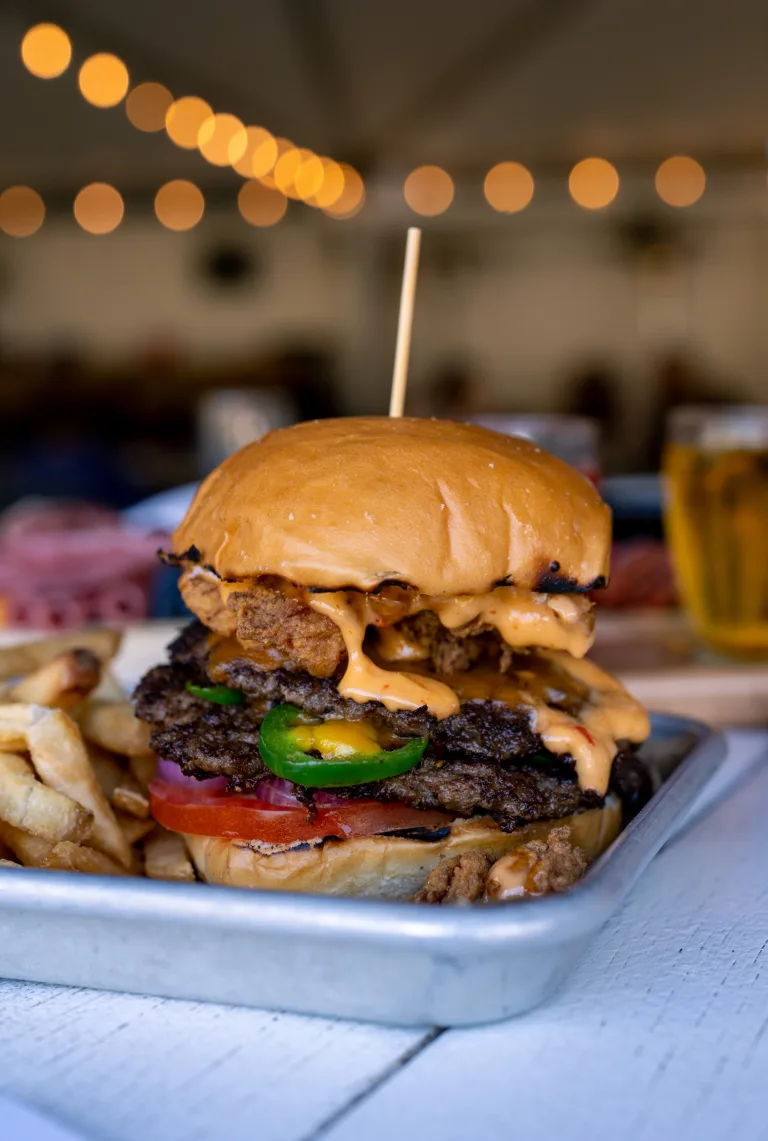
“America’s Sweet Secret Banana Bonanza: The Magical Fruit with Health Benefits, Delicious Recipes, and Hidden Surprises!”
Bananas, often referred to as the “yellow wonder,” are one of the world’s most beloved and recognizable fruits. These vibrant,…

Wild Berry From Forest to Feast: Epic Recipes You Won’t Believe Exist!
Wild berry is nature’s hidden gem, scattered across forests, meadows, and untamed landscapes, waiting to be discovered by the curious…
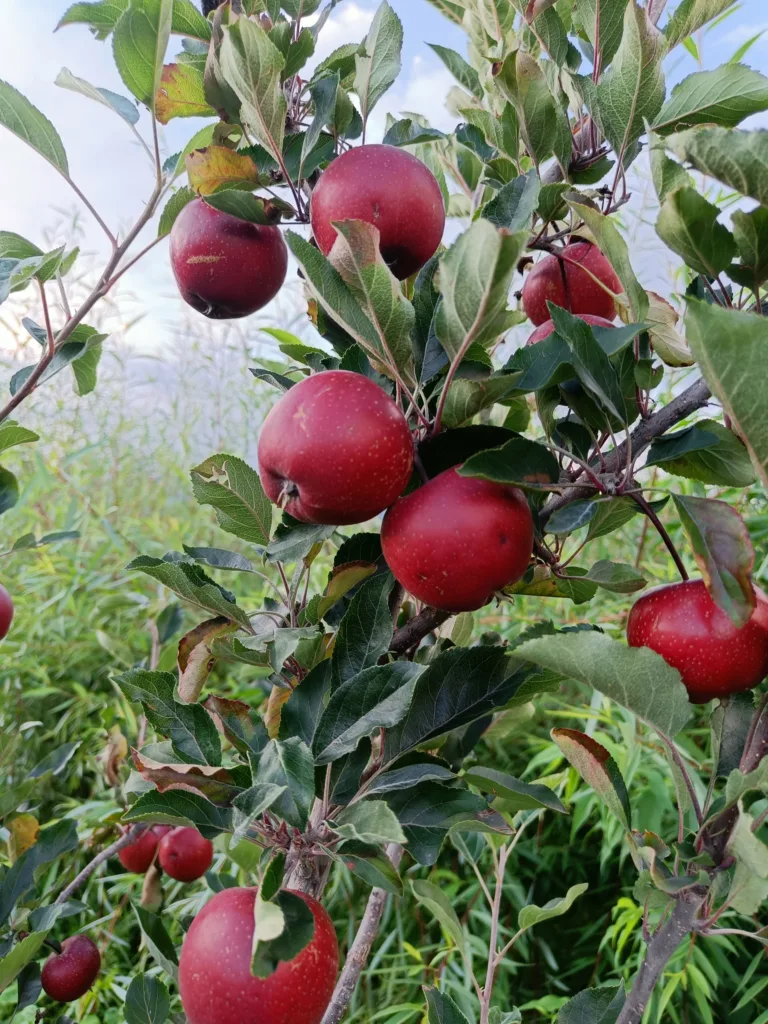
Apple Recipes, Surprising Uses, and Potential Side Effects Unveiled!
The apple, scientifically known as Malus domestica, is one of the most beloved and widely consumed fruits in the world….


